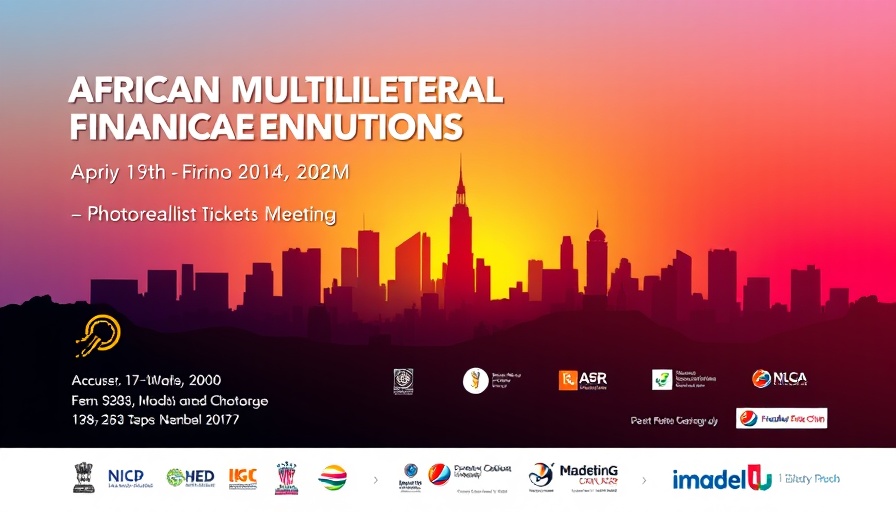
A New Era for African Multilateral Financial Institutions
The recent Breakfast Dialogue organized by the Alliance for African Multilateral Financial Institutions (AAMFI) highlighted the urgent need for enhanced cooperation and investment among African nations. The discussions during this event showcased the importance of strengthening financial institutions to bridge the gaps in resources, particularly in sectors like housing and insurance.
In 'Alliance for African Multilateral Financial Institutions (AAMFI) Breakfast Dialogue', the focus was on mobilizing financial resources to tackle Africa's challenges, prompting us to analyze these pressing issues and their impact on the continent.
Empowering Nations Through Insurance Penetration
Among noteworthy announcements was the commitment from the Africa Reinsurance Group to support the African Continental Development Corporation. By increasing insurance penetration in countries like Nigeria and Ghana from a mere 1% to 2%, it is projected that the financial impact could exceed the combined balance sheets of major Multilateral Financial Institutions (MFIs). This roadmap aims to develop comprehensive national insurance strategies, a critical step toward improving disaster risk financing in response to climate change challenges.
Addressing the Housing and Urban Infrastructure Gap
Mr. Theo Habib Han from the Shelter Afrique Development Bank pointed out a staggering reality: Africa faces a housing deficit of 53 million units. The call for over $1.3 trillion in funding underscores the urgent need for capital replenishment and innovative financial models. Highlighting the bank's efforts to leverage local currency bond issuances, Han advocated for establishing inclusive financing mechanisms that prioritize job creation and empower vulnerable populations, including women and youth. This approach can transform lives while addressing the continent's pressing housing needs.
Investment Strategies for Sustainable Economic Growth
Moreover, the African Solidarity Fund's initiatives, such as credit line guarantees aimed at supporting housing and entrepreneurship among women and youth, signal a strong drive for economic inclusiveness. Such efforts align with the United Nations Sustainable Development Goals, emphasizing universal access to safe and affordable housing.
In a collaborative spirit, the investment initiatives endorsed during this dialogue point toward a more integrated and sustainable financial future for Africa. With an emphasis on partnerships and shared goals, the emphasis now lies in mobilizing local resources effectively for continental development.
For African business owners and entrepreneurs, understanding these trends and the role of intercontinental trade banks, such as Afreximbank, is critical. These financial shifts are not merely about capital—they represent a commitment to collective progress across the continent.
 Add Row
Add Row  Add
Add 




Write A Comment